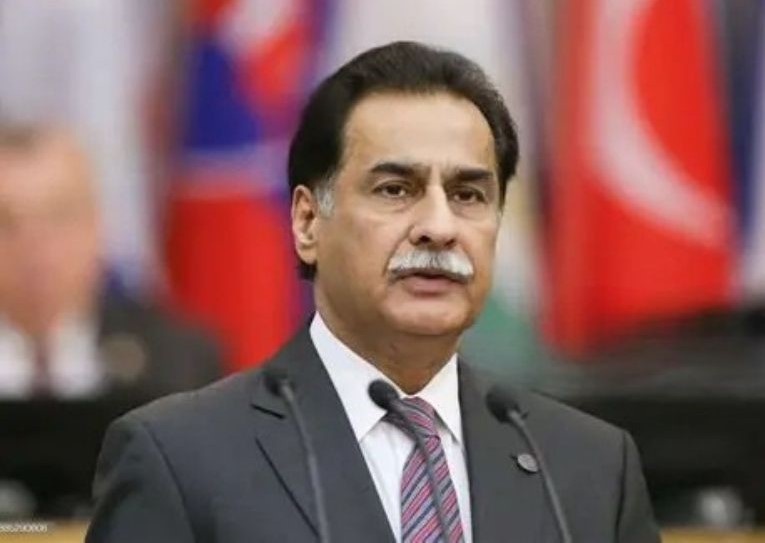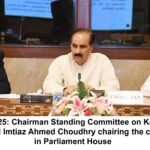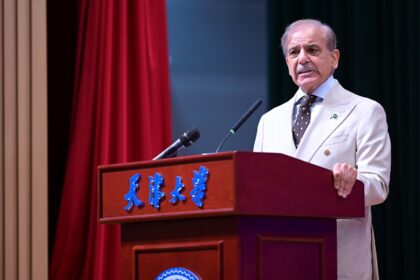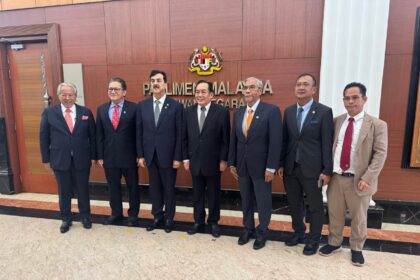Rapid population growth in Pakistan is severely straining national resources and negatively impacting sustainable development, said Speaker of the National Assembly, Sardar Ayaz Sadiq. Highlighting the urgency of the issue, he stressed that effective, wide-scale awareness campaigns and collective efforts from public representatives, government agencies, and civil society organizations are critical to addressing this national challenge.
The Speaker pointed out that Pakistan’s rapidly growing population places immense pressure on essential resources such as education, healthcare, employment opportunities, and basic infrastructure. He termed the situation as a serious hindrance to the country’s economic progress and overall social stability, making sustainable growth and poverty alleviation considerably more difficult.
Referring to data from the United Nations and World Health Organization, Sardar Ayaz Sadiq noted with concern that Pakistan is ranked among countries experiencing the fastest population growth globally. He reiterated Parliament’s commitment to addressing this pressing social challenge, emphasizing the importance of legislative initiatives aimed at achieving a balanced approach to population management.
In a special message marking World Population Day, an international event observed annually by the United Nations, the Speaker called upon provincial governments, political parties, elected officials, religious leaders, civil society groups, and the media to spread awareness and actively engage the public on measures required to curb rapid and unchecked population growth.
The Deputy Speaker of the National Assembly, Syed Ghulam Mustafa Shah, supported this call in his message, observing that carefully balancing population growth is fundamental not only for economic advancement but also in guaranteeing citizens equal access to quality education, healthcare, and meaningful employment opportunities. He urged policy-making bodies to develop strategic, long-term plans aimed at effectively managing population growth and addressing future needs.











